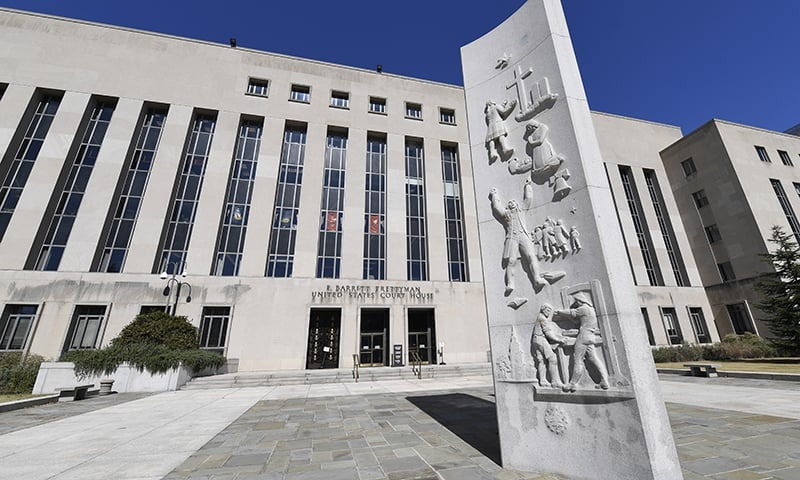A US federal judge has ordered a temporary halt to the scheduled executions next month of four inmates, saying that President Donald Trump’s administration lacked legal authorisation to use its intended lethal-injection drug.
The ruling, late on Wednesday by District Judge Tanya Chutkan, effectively blocks the Justice Department’s attempt to resume the use of the death penalty after a 16-year hiatus.
The four inmates argued that the Justice Department’s plan to use the drug pentobarbital ran afoul of federal laws.
The government previously executed condemned inmates using a three-drug protocol, with the first drug being sodium thiopental, which mirrored many state protocols at the time.
In 2011, Hospira, the only US maker of that drug, ceased production. Unable to obtain a supply, Texas and other states began experiment with new execution protocols. Since then, a single-drug pentobarbital protocol has become the most common method.
Judge Chutkan sided with the plaintiffs when she found the new directive to create one federal method of execution “very likely exceeds” authority provided by the Federal Death Penalty Act of 1995, which says individual states determine “manner” of execution.
“There is no statute that gives the BOP [Bureau of Prisons] or DOJ the authority to establish a single implementation procedure for all federal executions,” Chutkan wrote in her 15-page ruling.
In July, the US Justice Department reinstated a two-decades-long dormant policy allowing the federal governments use of capital punishment, and immediately scheduled the executions for five death row federal inmates.
The last federal execution took place in 2003. Since then, protracted litigation over the drugs historically used in lethal injection executions prevented the government from continuing the practice, according to Justice Department officials.
President Donald Trump, a death penalty supporter, has called for increasing its use for drug traffickers and mass shooters.
